‘The White House should not place new sanctions on the Taliban’
Your digest of analysis and commentary from the British and international press

A free daily email with the biggest news stories of the day – and the best features from TheWeek.com
You are now subscribed
Your newsletter sign-up was successful
1. Why the Biden administration should not sanction the Taliban
Emily Tamkin in the New Statesman
on a punitive response
“To put it as directly as possible: the White House should not place new sanctions on the Taliban, nor enforce pre-existing ones”, argued Emily Tamkin in the New Statesman, adding that “there are two reasons why it shouldn’t”. The first is that “enforcing them will be futile”, she said, noting that “embargos are generally imposed on an individual actor, group or state in order to force a change in behaviour”. “Using them as a tool of statecraft will almost certainly hurt the people of Afghanistan more than the Islamist group itself.” The second, she continued, is because “the US also needs to proactively engage with the Afghan economy, not just resist using economic penalties”. After 20 years of US occupation, “Afghanistan is still heavily dependent on foreign aid” with humanitarian groups “already asking the Biden administration for assurances that they can continue their work without fear of legal retribution”. “The US’s military occupation of Afghanistan revitalised the Taliban, fed corruption and cronyism, and killed an unknown number of civilians, all while lying to the world about the good it was doing”, she added. “Perhaps now that US troops are no longer in the country, the Biden administration can put the Afghan people first.”
The Week
Escape your echo chamber. Get the facts behind the news, plus analysis from multiple perspectives.

Sign up for The Week's Free Newsletters
From our morning news briefing to a weekly Good News Newsletter, get the best of The Week delivered directly to your inbox.
From our morning news briefing to a weekly Good News Newsletter, get the best of The Week delivered directly to your inbox.
2. Empty shelves are the only way Britain’s underpaid workers can grab national attention
Aditya Chakrabortty in The Guardian
on outsourcing Britain
“In the mid-noughties, I was economics producer at the BBC, working with the then economics editor, Evan Davis”, said Aditya Chakrabortty in The Guardian. Davis had just begun presenting Dragons’ Den and was increasingly realising that contestants would “shrug off” the question of “how they actually planned to make their goods” with a “single word”: China. “If it was staff you wanted, you could offshore your work to Asia, or outsource it to an agency that relied on imported workers from eastern Europe. Out of sight, out of mind, big companies could now make invisible large tranches of their workforce.” This, Chakraborrty argued, is “the backdrop to the current chaos, where food is being left to rot on farms, restaurants are closing for lack of staff, and our biggest retailers have seen stock levels plunge to their lowest since 1983”. “The UK has run down its own capacity to manufacture goods and to produce food”, resulting in the country becoming “takers rather than makers – a perilous position to be in when the world no longer has enough to sell us”. The current shortage storm “has been so long in the brewing that it will not blow over soon”, he added. And “empty shelves are the only way Britain’s underpaid workers can grab national attention”
A free daily email with the biggest news stories of the day – and the best features from TheWeek.com
3. A narrow victory for free speech
The Telegraph editorial board
on Morgan vs Markle
“There are plenty of criticisms that could be levelled at the TV presenter Piers Morgan”, said The Telegraph. “But the idea that he had no right to question claims made by the Duchess of Sussex is extraordinary.” Noting that Meghan Markle had “spoken about her mental health” openly before Morgan told viewers of Good Morning Britain that he did not “believe a word she said”, the paper continued that “the absurd logic of the complainants” was that he “should be required to believe the Duchess of Sussex’s comments, or shut up about it”. “There has been a disturbing tendency in recent years to broaden the types of speech that can be silenced”, beginning on university campuses and extending to “the idea has taken root that free expression should be curtailed in order to protect people from offence”. “In some cases, there may be an argument for sensitivity”, the paper added. “But nobody has a right to be believed.”
4. Bank holidays work, so give us more of them
James Marriott in The Times
on national wellbeing
“A bank holiday is a great communal event – one of the few remaining to us in a secular, individualistic society”, wrote James Marriott in The Times. And the Trades Union Congress “is correct to demand, as it has this week, that there should be more of them”. The UK is “short of public holidays” in both a “historical and geographical context”. The country has “fewer bank holidays – eight in England – than any EU nation. Italy, for instance, has 12 national holidays, France ten, and Germany nine”. Not only that, but research by Swedish experts at Uppsala University has found that “when people take time off, prescriptions for antidepressants go down but the more people who take time off at once, the more the effect is magnified”. As well as mental health benefits, there is also “an increasingly powerful argument that bank holidays are economically as well as socially beneficial”, he adds, noting that “holidays boost productivity” and “workers in countries with more legally mandated holiday time are more motivated and even move more quickly”. “Where exactly to put those new bank holidays if they are granted will prove a matter of contention”, he says. “But who could object to a day off in the name of Swithun or Osmond or Ethelburga?”
5. Texas is trying to overturn Roe vs. Wade all by itself
Gail Collins in The New York Times
on the right to choose
“Texas has always prided itself on respect for its womenfolk”, wrote Gail Collins in The New York Times. “Perhaps that’s why the state’s latest effort to restrict their abortion rights presumes they’re all perfectly capable of both determining they’re pregnant and arranging for an abortion within the first six weeks of pregnancy.” The successful effort to restrict abortion rights in Texas is “creative”, Collins added, putting “enforcement in the hands of private citizens, who can sue abortion providers and those involved in ‘aiding and abetting’ abortions”. Noting that this “could include anyone from the staff at Planned Parenthood to an Uber driver who provided a ride to the abortion clinic”, she continued that Texans should “leave the Uber driver out of it. These people have a miserable enough existence as it is”. Describing the current climate as “perilous times for women’s right to choose”, she said that “when Texas clamps down on abortion, politicians are comfortably aware that their well-heeled constituents can eliminate an unwanted pregnancy with a quick hop to the airport and a flight to LA”. “You always have to give special attention to Texas”, she added, “which can be described as innovative only when it comes to sex issues”.
-
 The ‘ravenous’ demand for Cornish minerals
The ‘ravenous’ demand for Cornish mineralsUnder the Radar Growing need for critical minerals to power tech has intensified ‘appetite’ for lithium, which could be a ‘huge boon’ for local economy
-
 Why are election experts taking Trump’s midterm threats seriously?
Why are election experts taking Trump’s midterm threats seriously?IN THE SPOTLIGHT As the president muses about polling place deployments and a centralized electoral system aimed at one-party control, lawmakers are taking this administration at its word
-
 ‘Restaurateurs have become millionaires’
‘Restaurateurs have become millionaires’Instant Opinion Opinion, comment and editorials of the day
-
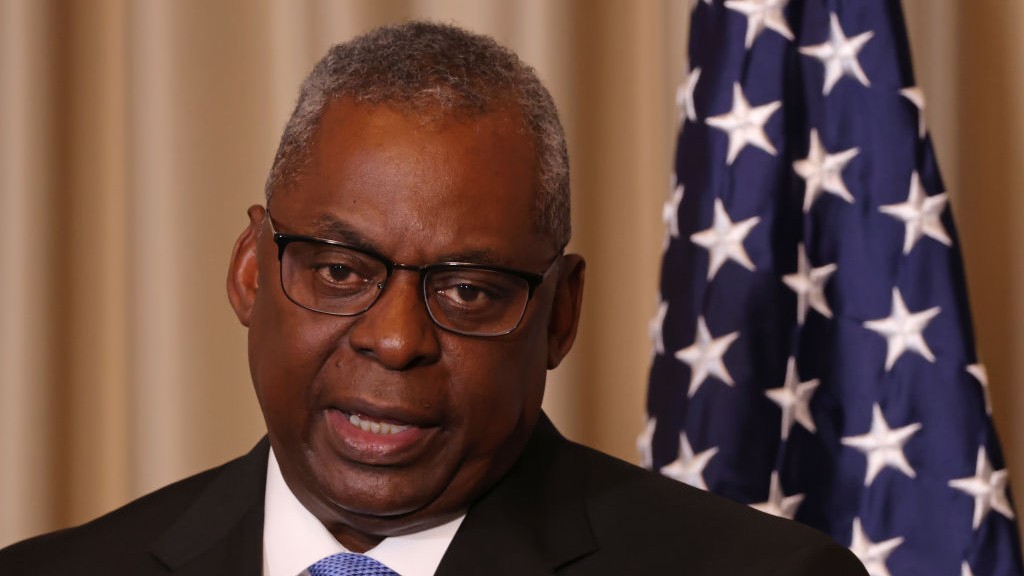 10 things you need to know today: January 7, 2024
10 things you need to know today: January 7, 2024Daily Briefing White House reportedly left unaware of defense secretary’s hospitalization, Biden to deliver State of the Union address on March 7, and more
-
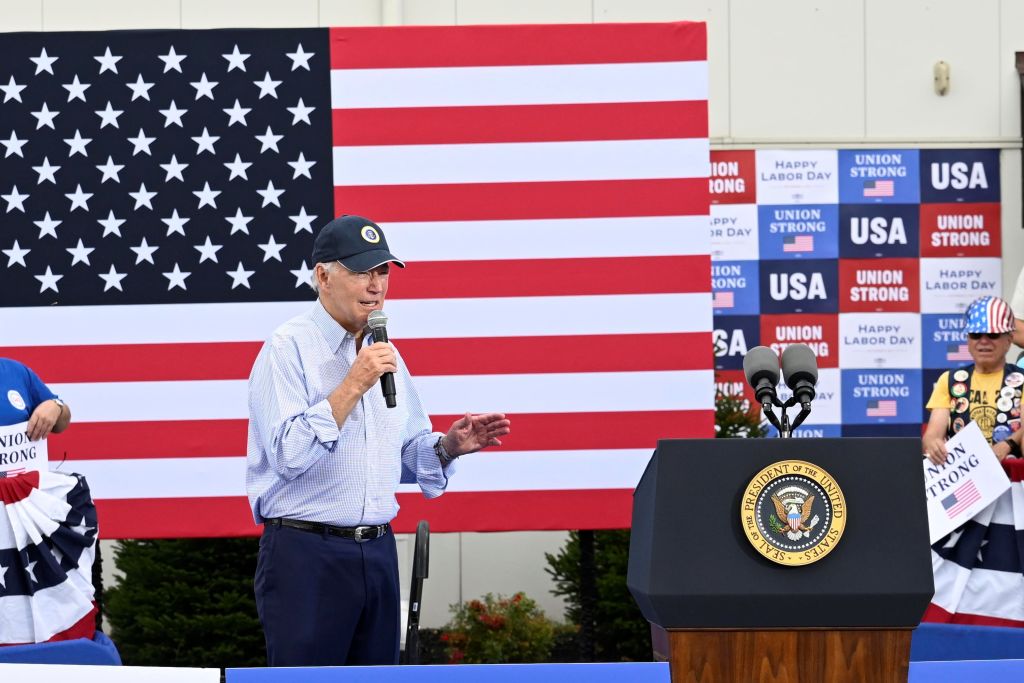 10 things you need to know today: September 5, 2023
10 things you need to know today: September 5, 2023Daily Briefing President Biden courts unions on Labor Day, thousands leave Burning Man after being trapped by desert mud, and more
-
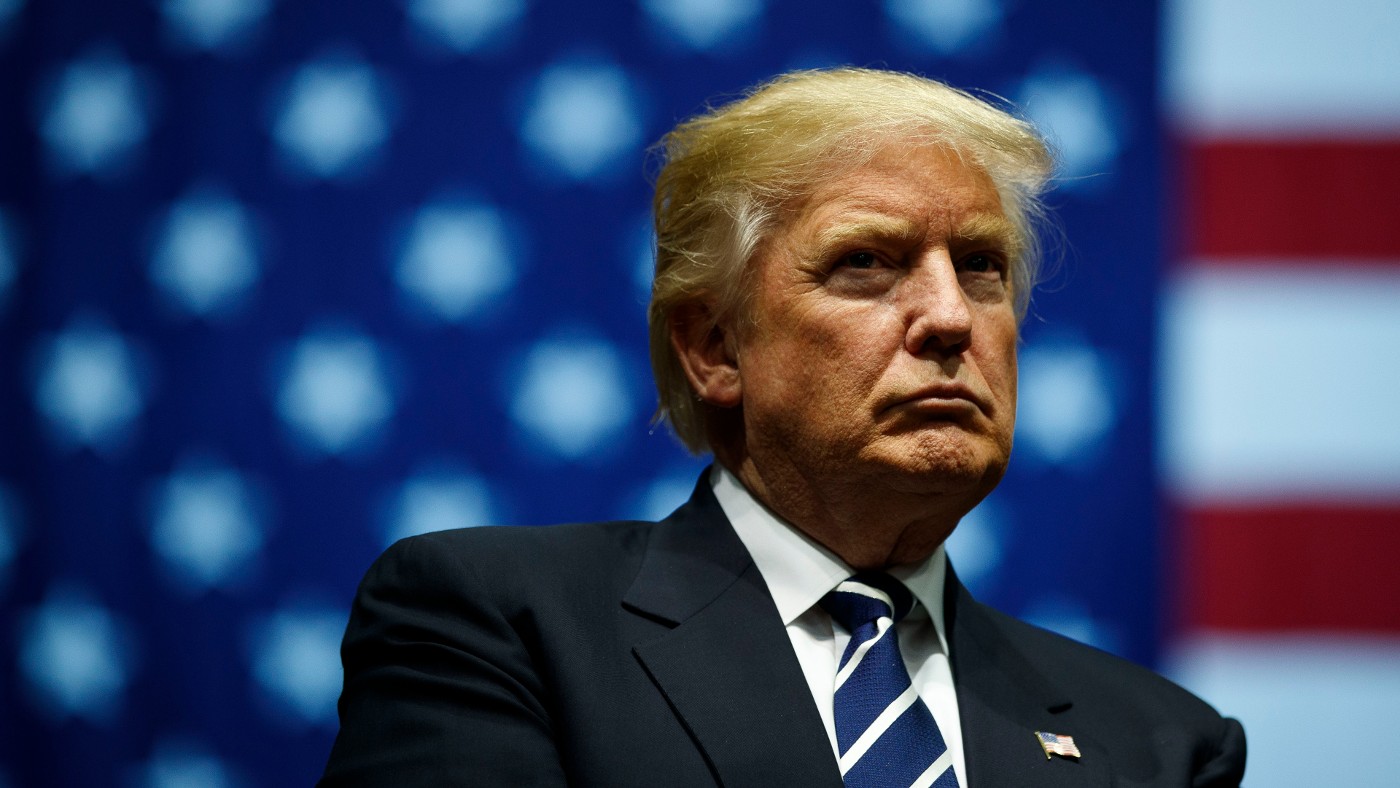 Donald Trump criminal charges for 6 January could strain 2024 candidacy
Donald Trump criminal charges for 6 January could strain 2024 candidacySpeed Read Former president’s ‘pettifoggery’ won’t work well at trial, said analyst
-
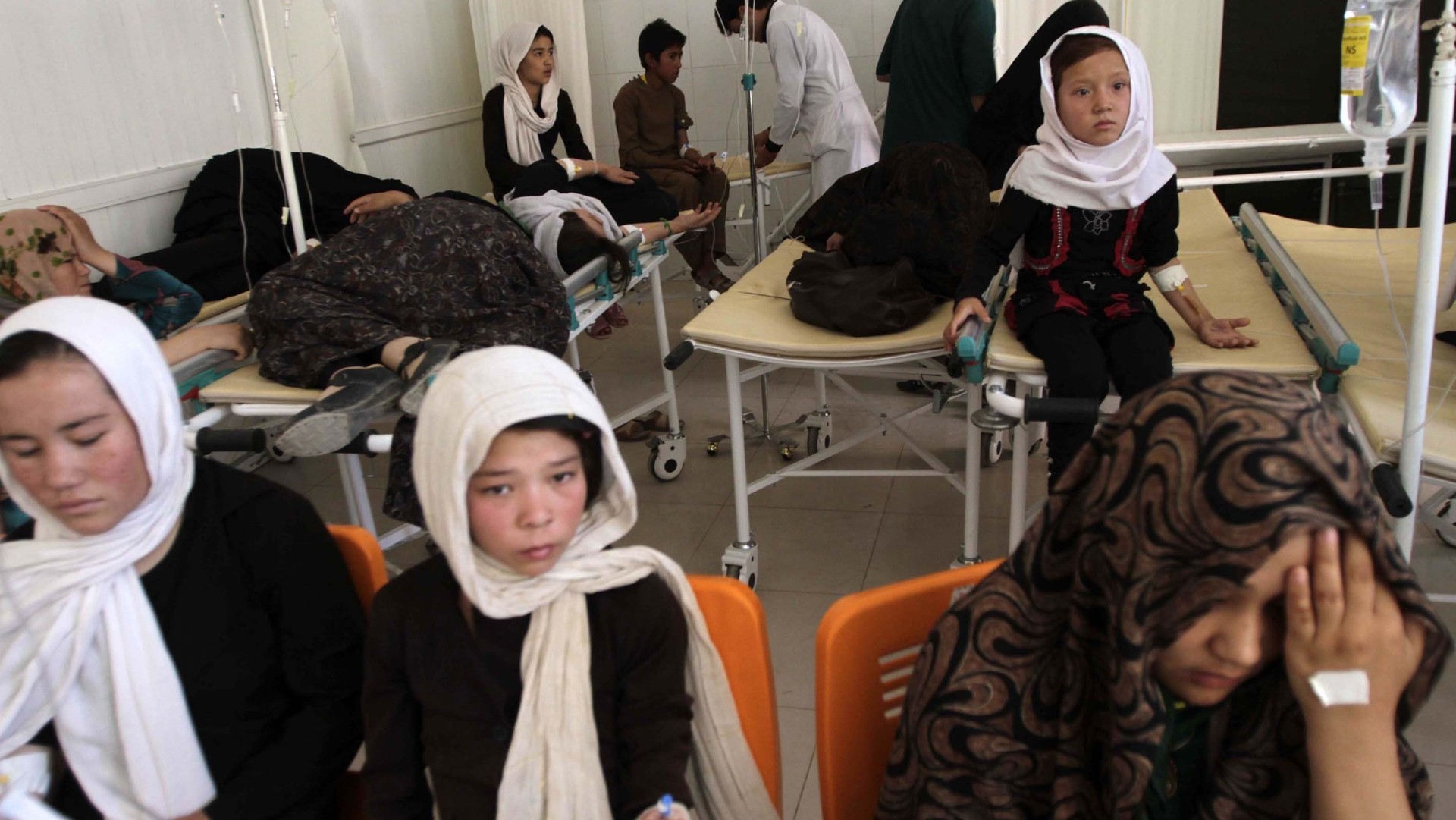 ‘We should be scared’: the poisoning of schoolgirls in Afghanistan
‘We should be scared’: the poisoning of schoolgirls in Afghanistanfeature Children hospitalised in allegedly deliberate mass attacks is latest in series of incidents going back decades
-
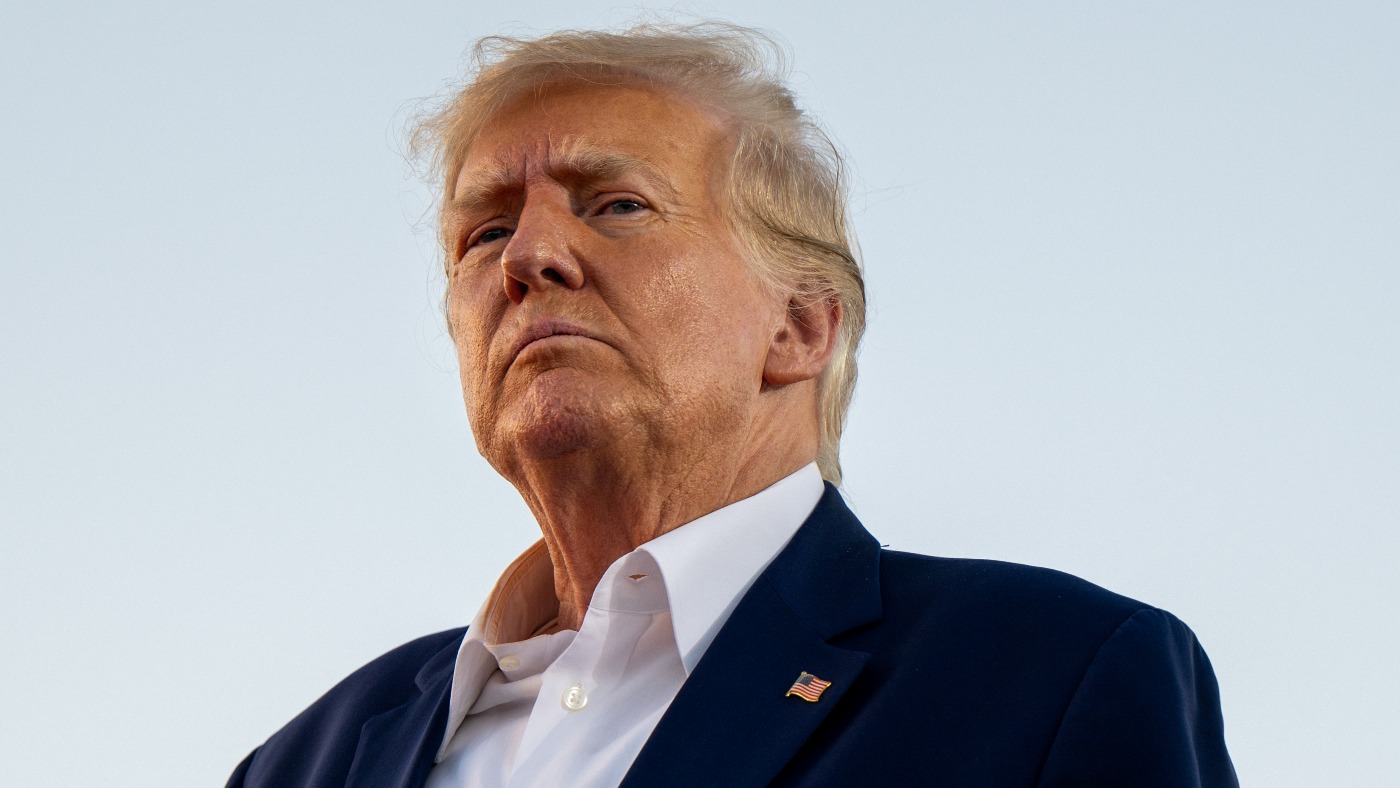 Donald Trump indicted again: is latest threat of prison a game changer?
Donald Trump indicted again: is latest threat of prison a game changer?Today's Big Question The former president ‘really could be going to jail’ but Republicans ‘may not care’ say commentators
-
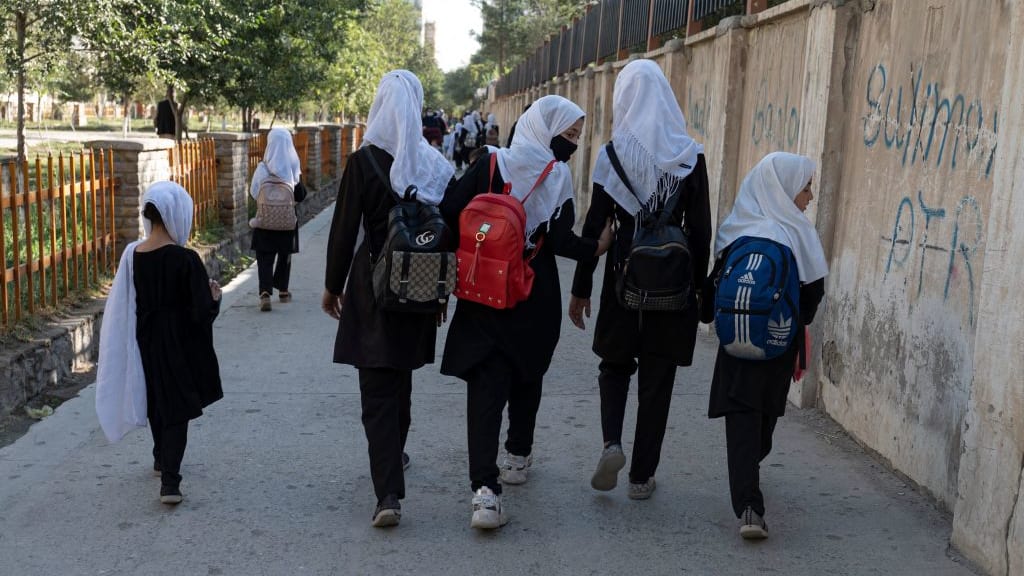 Officials believe dozens of girls in Afghanistan were deliberately poisoned at school
Officials believe dozens of girls in Afghanistan were deliberately poisoned at schoolSpeed Read
-
 Taliban kills mastermind of Kabul airport suicide bombing
Taliban kills mastermind of Kabul airport suicide bombingSpeed Read
-
 Sudan evacuation: has Foreign Office learnt the lessons from Afghanistan?
Sudan evacuation: has Foreign Office learnt the lessons from Afghanistan?Today's Big Question Failings of chaotic withdrawal from Kabul prompt return of foreign secretary and airlift of Britons from Khartoum